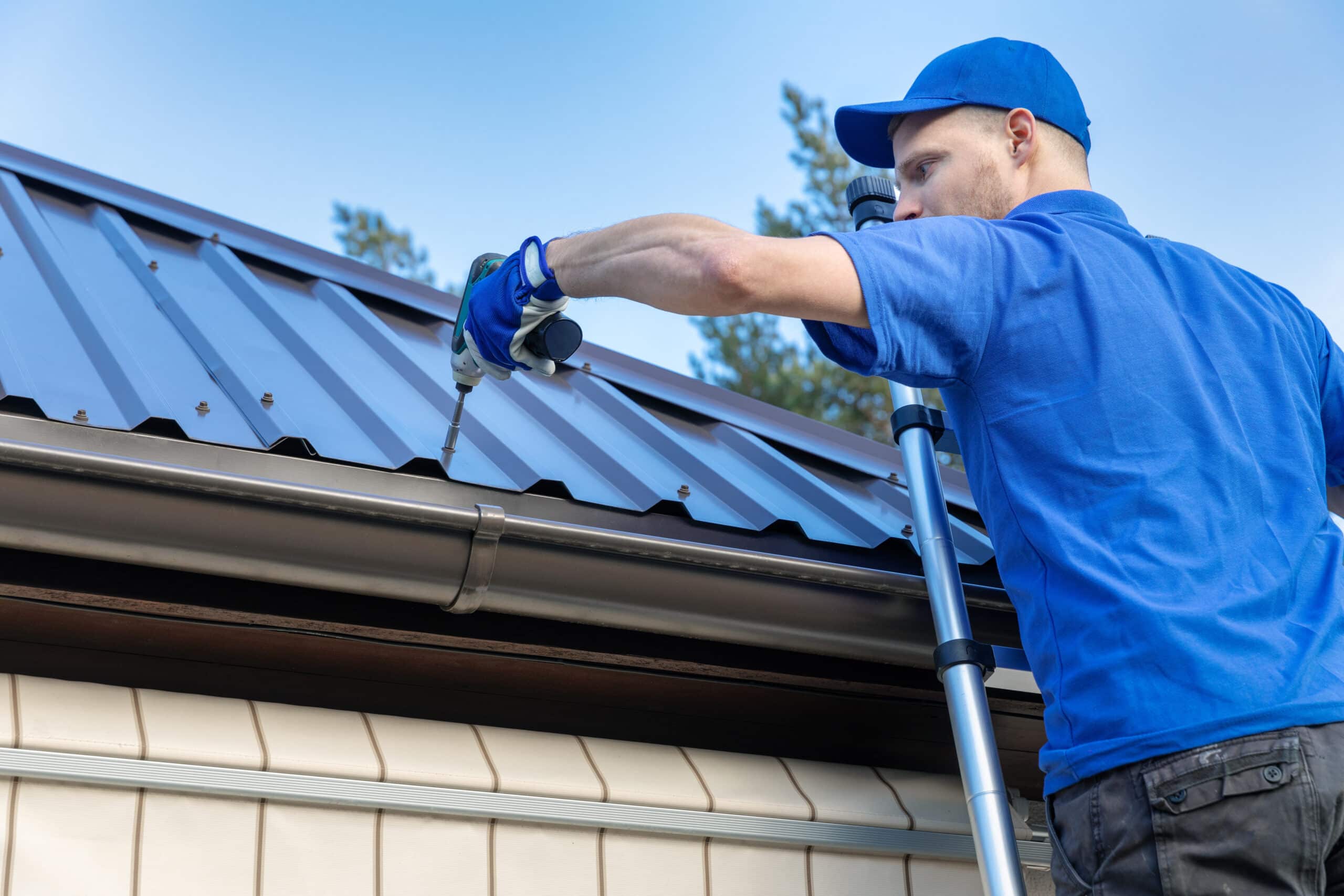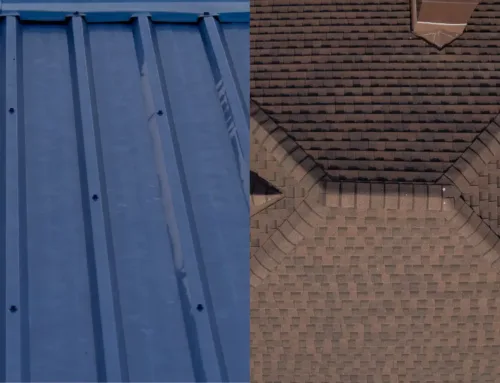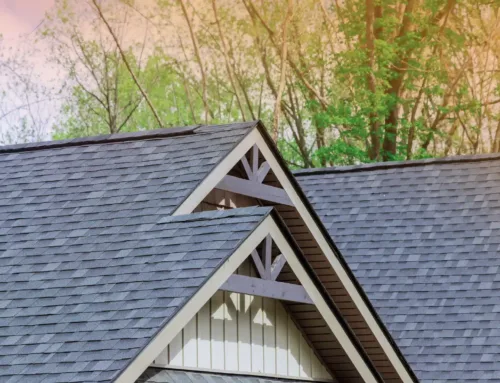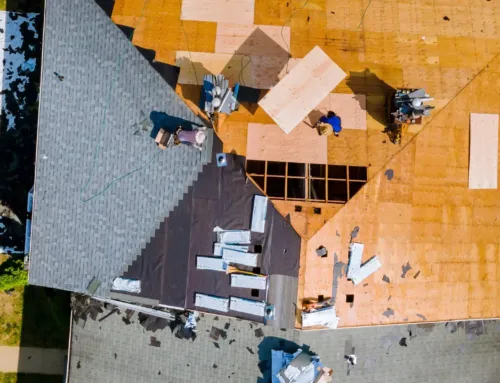Metal roofing has become incredibly popular in recent years thanks to its improved designs, wide range of colors, and aesthetic appeal that now fits well with typical residential homes. Plus, for just a fraction of the price of high-end roofs like slate or clay tiles, you can enjoy similar durability and style with a metal roof.
Investing in a metal roof is a smart choice for your home. Not only does it enhance curb appeal, but it’s also built to last. So, how long does a metal roof last? The answer depends on the type of metal used and the climate and environment of your location.
To help you make an informed decision about this major home investment, here’s a simple guide on the typical lifespan of metal roofs and key factors that influence their durability. This way, you can feel confident about choosing the best roofing option for your home.
What Are the Benefits of a Metal Roof?
There are many reasons people would install a metal roof on their residential (and commercial) property.
Some of the benefits of metal roofs include:
- Longevity: A metal roof can last anywhere from 40 to 70 years, making it a great investment for your home.
- Durability: Metal roofs are resistant to weathering and wind damage, meaning they are less likely to need repairs or replacements over their lifetime.
- Value: Metal roofs can increase the value of your home, making it a wise investment if you are planning on selling in the future.
- Style: Metal roofs come in various colors and styles to suit any taste. Whether you want a classic look or something more modern, there is a metal roof to match.
- Environment: Metal roofs are made of recycled materials and can be installed in green building projects. They are also 100% recyclable at the end of their lifespan.
Now that we’ve gone over some of the benefits of metal roofs let’s answer the question on everyone’s mind: how long does a metal roof last?
The Average Lifespan of a Metal Roof
On average, metal roofs last 40-70 years. However, there are at least five different types of metal roofing materials, each with its own expected lifespan.
Aluminum (50 years)
Aluminum roofing is the lightest weight of all of them, making installation a breeze for both hauling and adhering in place. It is also a great insulator and reflects sunlight, saving you a ton of money on energy bills.
Lastly, aluminum roofs resist corrosion more than other options (such as steel) and can be coated to be waterproof as well. It’s an ideal option for coastal cities but can last for years just about anywhere in the country.
Copper (50-100 years)
Copper roofing has been used since the early 1700s! They last so long because as it ages, it gets a greenish patina due to corrosion, making the material even stronger and more water-resistant. It would be no surprise for a copper roof to last longer than 100 years. The one downfall is that they can be quite costly to install, but the long-term benefits are great.
Steel (40 years)
Steel is probably one of the more commonly used metal roofing materials due to its versatility and accessibility. It’s an excellent choice for those looking to install a metal roof on a budget.
Although steel is one of the more affordable options, it doesn’t sacrifice quality or durability. Steel roofs can withstand high winds and are fire-resistant, making them a safe investment for your home.
Tin (50 years)
Tin roofs aren’t used in regular practice as much anymore, now that there are better, less noisy options. When you think of a tin roof, you probably envision a rusted old barn—and you’d be right.
Tin roofs can still be very effectively used on shelters like that; they still last a long time but aren’t ideal for residential roofs as they can be pretty loud during a rain or hail storm. Insulation can help with that, but overall most homeowners choose aluminum over tin.
Zinc (60-100 years)
Zinc roofs can heal themselves. Yes, you heard that right—they can heal themselves. If this roofing material is scratched, it can repair itself via galvanic action. Zinc roofs are actually coated steel, which makes them galvanized steel, and they are also resistant to corrosion and are almost entirely recyclable.
Contact JSC Roofing for Reliable Emergency Roofing Repairs: When faced with a roof emergency, don’t hesitate to contact JSC Roofing for prompt and professional assistance. Our dedicated team is ready to address your emergency roofing needs, providing timely repairs to safeguard your property and restore peace of mind.










